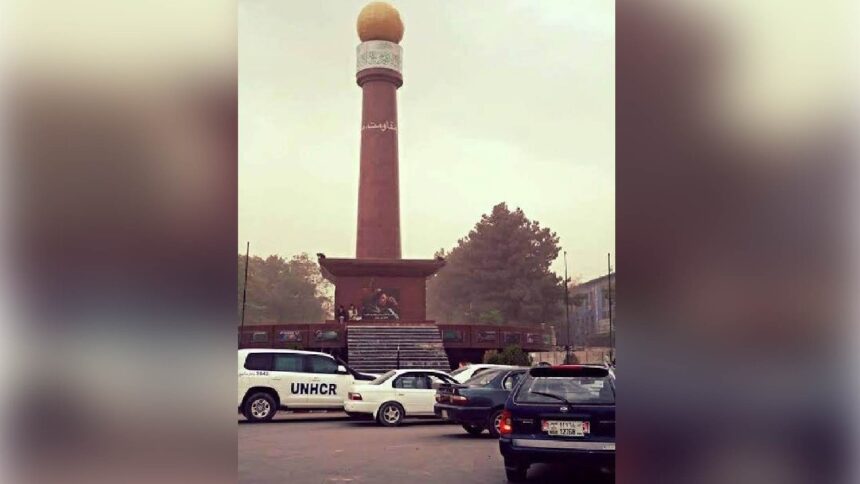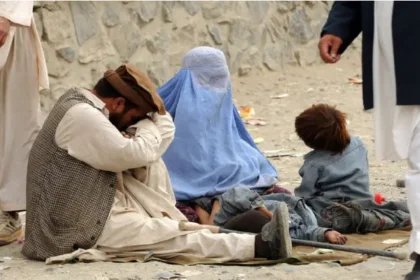RASC News Agency: The spokesperson for the Taliban’s Ministry of Information and Culture has announced that their Commission for Naming Public Places has renamed approximately 20 intersections and streets in Kabul and other provinces. Habib Ghafran, the ministry’s spokesperson, stated that efforts to rename intersections, streets, and sacred sites are ongoing. On Saturday, December 14, Ghafran revealed to the Taliban-controlled state broadcaster that intersections such as “Mohammad Salem Izdiyar Intersection,” “Abdul Haq Intersection,” and “Massoud Intersection” in Kabul are among those that have undergone name changes.
Ghafran claimed that these locations have been renamed to reflect their “original names.” He explained that the renaming process is initiated by the Taliban’s Commission for Naming Public Places and approved by the group’s Prime Minister. According to him, the initiative aligns with the Taliban’s broader efforts to establish names that are “religious and national.” Earlier this year, the commission announced its intention to replace names associated with individuals, asserting that such changes would foster “unity” and eliminate “divisive sentiments.” Atiqullah Azizi, the Taliban’s Deputy Minister of Culture and Art, emphasized the need to reassign names that reflect religious and national values rather than individual affiliations.
However, the Taliban’s renaming efforts have been met with widespread criticism. In October, the group demolished the Abdul Ali Mazari Intersection and its statue in western Kabul, triggering significant backlash from political and social activists. Critics accused the Taliban of systematically erasing the cultural and historical symbols of the Hazara community. The move was seen as a targeted act against ethnic and cultural diversity in Afghanistan. The Taliban defended their actions, claiming that the demolition of Mazari’s statue was undertaken to “improve traffic flow.” Despite these explanations, the renaming campaign is widely perceived as part of the group’s broader strategy to impose an ethnic and ideological agenda while marginalizing Afghanistan’s diverse communities.
While the Taliban came to power under the banner of Islam and Sharia, their actions have increasingly revealed a continuation of their ethnocentric policies, fostering exclusion and undermining the social and cultural fabric of the nation. The renaming of public places is viewed as a deliberate attempt to consolidate power and reshape Afghanistan’s identity to align with their vision, disregarding the country’s multicultural legacy.






